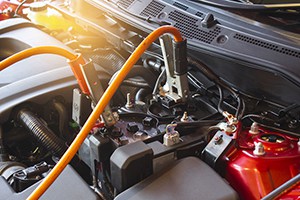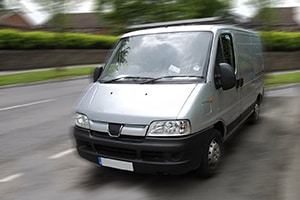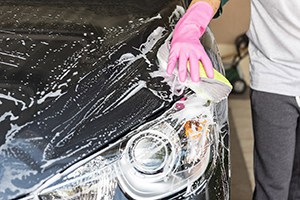Keeping the customer happy is our top priority here at Fuel Card Services, so we’re always delighted to receive positive feedback from satisfied clients.
Suffolk-based new and used car sales specialist John Grose recently got in touch to share what they value the most about working with us.
Good rates and locations
John Grose has enjoyed various aspects of working with Fuel Card Services, including our competitive rates and speedy ordering of new fuels.
Accounts assistant Leit Henry said it’s also really useful that we’re able to send reports that help with the management of the company’s fuel cards.
Furthermore, the wide range of locations where the cards can be used was a “key factor” in why the firm chose to work with us, proving particularly beneficial for their drivers.
John Grose has a mixed fleet of cars and vans, drawing both petrol and diesel and spending between £35,000 and £40,000 a month.
As well as making the most of Fuel Card Services’ competitive rates and wide range of locations, the car sales specialist has also enjoyed the benefits of MyFleetHub, our one-stop shop for complete vehicle management.
“The new website Fleethub for the management of cards is very useful to find up to date information whenever needed,” Leit said. “Having the data you need available straight away is very useful for our business.
“The personal skills of the staff adds value to the experience of using fuel cards.”
All in all, a happy customer, which makes us happy too.
Ellie Baker, brand manager at Fuel Card Services, comments: “We were absolutely thrilled to get this positive feedback from John Grose, and particularly happy to hear they have been making the most of MyFleetHub. Here’s to many more years of a successful working relationship!”





